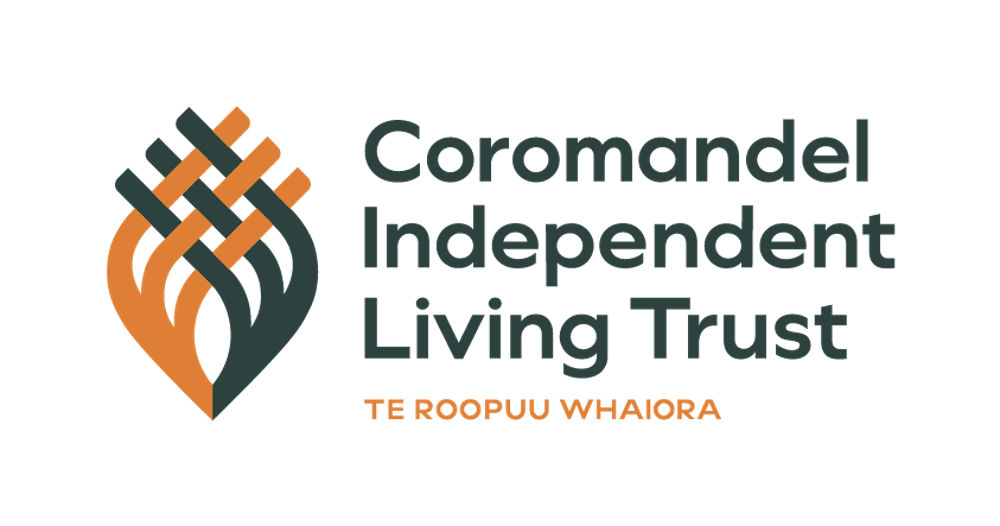Recently China placed tougher restrictions on the importation of recyclable waste from other countries. This has meant that transfer stations around the country are being left with ever growing mountains of recyclable plastics waiting to be on sold to a market place that is able to re-sell or re-use it. Of course though these marketplace need to have integrity in order for the process to be of true benefit to the environment.
Last month the Thames recycling plant run by Smart Environmental was severely impacted by a fire that burnt through 150 tonnes of plastic and paper and badly tarnished another 100 tonnes which ended up in landfill due to smoke and ash. At the time Smart Environmental had 1400 tonnes of material to be processed on site.
In 2017 and 2016 China purchased $26 million and $21 million respectively of waste products from New Zealand. In the same year it purchase nearly 7.3 million tonnes, nearly 60% of the worlds import, for around $3.7 billion. The plastics were recycled into pellets that were then sold back to manufacturers who used them in their products. The ban means that neighbouring countries are now likely to try and pick up the slack even though they are not as well equiped to do so.
So why the tougher restrictions? Well it turns out that China was being as a dumping ground for other countries waste products, some of which could not be recycled. Hazardous materials were being mixed in with legitimate recyclable materials causing potential health risks to China’s population. It should be noted though that China has placed similar restrictions in the past before relaxing them to a similar state before the imposed bans. It’s not certain that the same thing will happen again as the current restrictions look to be in place for a while yet.
The ban , which has been hailed by environmentalists as a major win for the environment and China’s pollution problem, will mean two things for New Zealand and other countries looking to sell of their recyclables, lower commodity prices and more stockpiling. Although their are other markets in the region New Zealand will be competing against regions like America and Europe who have larger volumes to get rid of. The move itself is a part of a larger push by the Chinese government to effort to clean up its countries environment. Other actions include a move away from coal and the promotion of electric vehicles. In 2016 the award winning documentary Plastic China caused widespread outrage after it highlighted the human and environmental cost of ‘foreign garbage’ .
The upside of the ban though is that it gives New Zealand an opportunity to reflect on how it can better process recyclable materials onshore. Currently we lack any growth in this sector and do very little to minimise our reliance of plastics and other materials that could be easily eliminated from the consumer cycle. WasteMINZ are currently investigating what can be done in this area along with local councils to not only build resilience but self-reliance. Companies that manufacture products also need to responsible though when t comes to creating circular economies and better product design that ensured goods where reusable rather than useless landfill.
At the end of the day each of us is responsible for the way we interact with the recyclable materials around us. There are measures that each one of us can take to minimise our footprint. Coromandel Town has its own plastic bag free campaign which you can check out if you haven’t already. Next time we’ll look at other things that you can do to reduce, reuse and recycle.
Peace
Benjamin
Coromandel Community Re-Use Centre Coordinator
The Coromandel Community Re-Use Centre is a CILT initiative setup to minimise waste to landfill on the Coromandel Peninsula.

